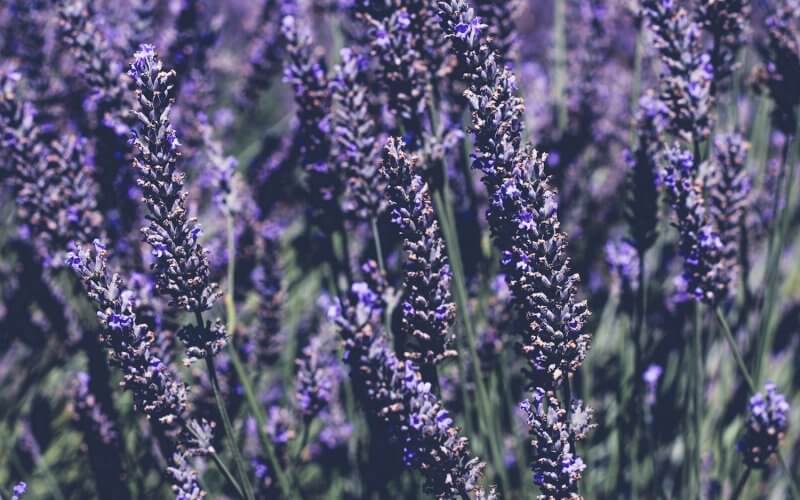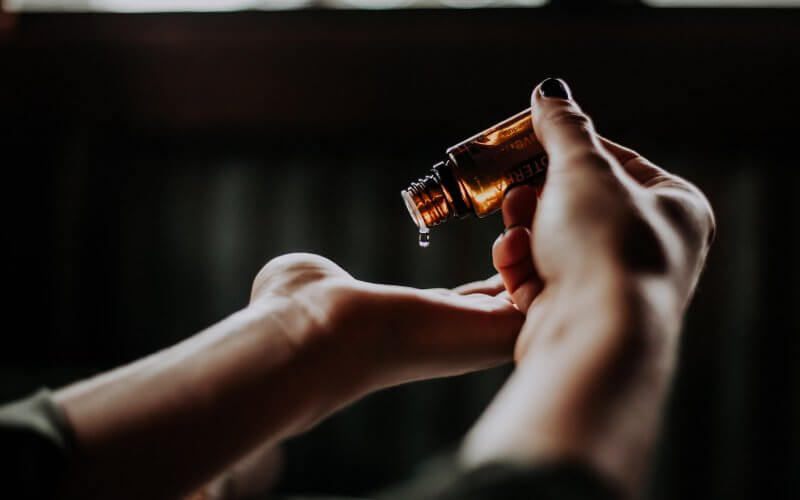Natural sleep aids: 6 alternatives to sleeping pills

Natural sleep aids: if you’re having trouble sleeping, it may be the answer. You’re no doubt familiar with the kind of sleeping pills often prescribed by medical professionals, but these little pills are not a long-term solution to sleep problems. What’s more, taking them can actually reduce the amount of deep sleep you get as well as causing drowsiness, dependence and cardiac risks.
The good news is that there are several natural alternatives out there. Taking plant- or melatonin-based dietary supplements can help you get to sleep more easily, for example.
So what are these natural alternatives to sleeping pills, do they work and how can you find them? The Dreem team investigated. Here are the answers to all your natural sleep aid questions.

First of all, what are natural sleeping pills?
So, when we talk about ‘sleeping pills’, we’re actually talking about two main types of medication. Hypnotics that induce sleep onset and tranquilizers that reduce anxiety levels. Although it sounds like a contradiction at first ‘natural sleeping pills’ often take the form of plant-based dietary supplements.
These natural sleep aids have the same objective as their pharmaceutical cousins, the difference is that they do so naturally, using plant extracts and more recently, the sleep hormone- melatonin.
Sleeping pills: What are the natural alternatives?
Natural sleep aids come in different shapes and sizes. The “natural sleeping pill” alone covers dietary supplements, plant extracts, and melatonin. Here’s a complete list of all the different types of natural sleep aids you can use to help you get to sleep naturally.
Dietary supplements for sleep: A natural solution to insomnia
Natural sleep aid #1: Melatonin
Melatonin can help reduce the time it takes you to fall asleep. A hormone found in the human body, melatonin is naturally produced at different times throughout the day and notably, when the sun sets.
By taking a melatonin-based natural sleep aid, you’re helping your body compensate for a possible deficiency. You can find melatonin-based natural sleep aids (of plant or synthetic origin) in pharmacies or online.
Natural sleep aid #2: Plants
Certain plants have used throughout history for their calming or sleep-inducing effects and are recognized even today for their effectiveness:
Chamomile: Well-known for its sedative effects, camomile can calm the nervous agitation that makes falling asleep more difficult. It owes these calming effects to the presence of apigenin, an anti-inflammatory compound.
Lime-flower: Sometimes known as linden flower, lime-flower has soothing and sedative qualities. The secret? Farnesol, an aromatic molecule that attaches itself to receptors in the brain in the same way as certain sleeping pills.
Lemon balm: This plant has many calming properties, it helps the body to unwind and can help you get to sleep more easily.
Verbena: With its anti-stress properties, verbena is often used to help induce sleep or relax at different moments throughout the day.
Orange blossom: This flower encourages sleep onset with its sedative effects and its pleasant, fruit aroma is conducive to relaxation.
Valerian root: Ideal for those who are feeling anxious or agitated, the root of the valerian plant is prized for its calming effects.
Hops: While perhaps better known for its use in beer-brewing, dried hop flowers have several recognized sedative properties and are often used in traditional Chinese medicine.
Lavender: Well-known for its relaxing properties, lavender helps to regulate cortisol (which is responsible for stress).

According to several studies, lavender can help us reach a calmer state of mind.
Other natural sleep solutions
Natural sleeping aid # 3- Essential oils
You can also enjoy the benefits of plants/ essential oils by using a spray. They can also be used at the same time as natural sleeping pills to maximize their effectiveness.
Tip: If you don’t have a diffuser, you can apply a few drops of essential oil to your pulse points (at the wrist or behind your ear) before you go to bed.
Natural sleeping aid #4: Herbal infusions
Just to be clear here, we’re talking about infusions which are not the same as tea. Unlike tea, infusions don’t contain theine (caffeine), a stimulant that stops you getting to sleep. Did you know that one cup of tea contains as much caffeine as an espresso? An infusion, on the other hand, will help you unwind, particularly as part of a pre-bedtime routine.
Try making an infusion that contains some of the plants above (you’ll be able to find sachets in any good health-food store or supermarket). For maximum effectiveness drink your infusion 20-30 minutes before going to bed.
Natural sleep aid #5 Relaxation techniques
Relaxation techniques can be very effective in stress management and treating anxiety. What’s more, just like with the essential oils, you can combine relaxation techniques with natural sleep aids for maximal effect.
Want to learn more about relaxation techniques for sleep? Well, here you go- our Dreem 2 headband uses several types of audio techniques for relaxation.
Our Dreem Techniques for relaxation draw on sophrology and breathing techniques to bring your stress/ anxiety levels down.
Natural sleeping aid #6: Good sleep hygiene
Good sleep hygiene is crucial to getting better quality sleep. Yet, many people don’t take care of their sleep hygiene at all, without even realizing it. It’s important to combine natural sleep aids with good sleep hygiene.
Sleep medication: Don’t just stop!
The use of sleep medication can be effective for short-periods when prescribed by a doctor, but this solution is not a long-term solution to your sleep problems.
As previously mentioned, the risks linked to sleeping pills are significant in the long term. Drowsiness, dependence, cardiac risks. What’s more sleeping pills don’t give you good quality sleep, in fact, they actually lessen the amount of deep sleep.
In order to stay healthy, you can also work on developing a natural sleep routine, with long-term guidance. Dreem, for example, helps restructure sleep naturally through personalized coaching programs.
What if you’re already taking sleeping pills?
Whatever you do, don’t just stop taking any prescribed sleep medication one day to the next. Lowering your dosage little by little over time is recommended, preferably after consulting a medical professional.
The hypnotics found in sleeping pills attach to the receptors of nerve cells and create dependency. Stopping these drugs is therefore difficult especially when many patients decide to stop taking them from one day to the next. This can cause a sort of insomnia ‘relapse’ and so a progressive approach to stopping hypnotics is recommended. In case of an insomnia relapse, try natural sleep aid as a healthier alternative.
Discover your sleeper profile with this sleep test
Start




